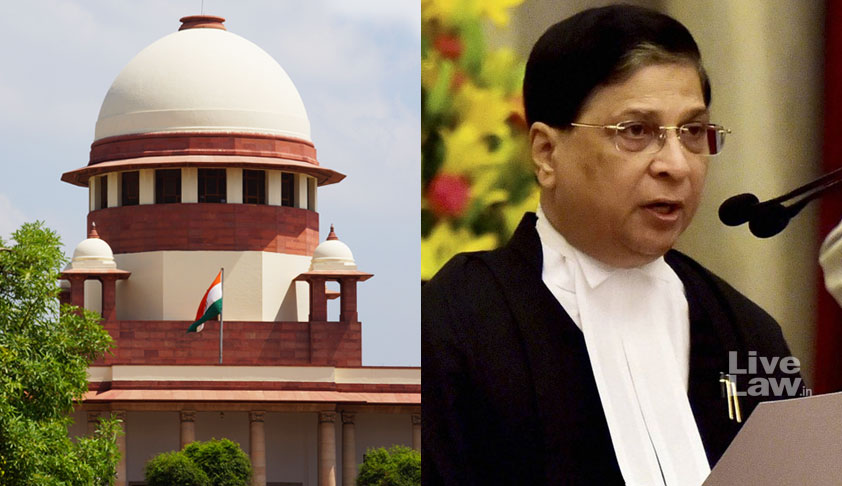CJI Dipak Misra said the court and the government cannot be oblivious to the plight of women and childrenThe Chief Justice Dipak Misra-led bench of the Supreme Court today just stopped short of staying the deportation of Rohingya refugees till it decided the petitions challenging the action but asked the Centre to strike a balance between national security and human rights of the...

